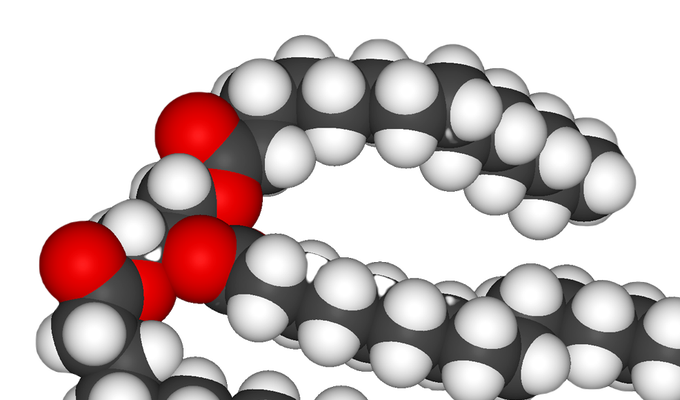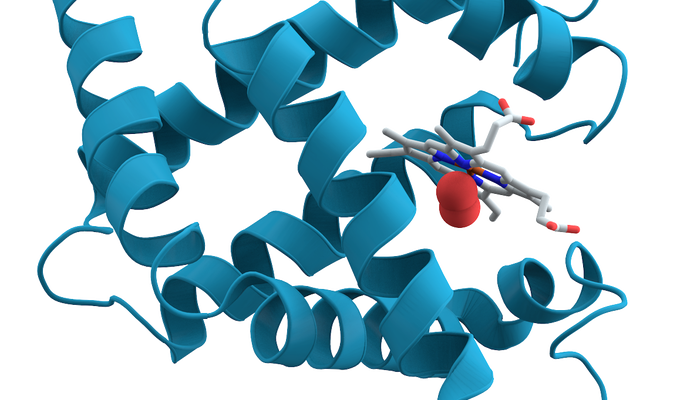A macronutrient is a type of nutrient that the human body requires in large quantities for energy, growth, and overall health. The three primary macronutrients are carbohydrates, proteins, and fats, each of which plays a distinct role in the body's physiological processes.
Carbohydrates are the main source of energy, proteins are essential for building and repairing tissues, and fats are crucial for energy storage, cell structure, and the absorption of certain vitamins. Macronutrients are measured in grams and are fundamental to maintaining a balanced diet, as they provide the calories necessary for sustaining metabolic functions and supporting physical activity.
Contrast micronutrients, which are required in much smaller amounts and are typically measured in milligrams. All vitamins and minerals are micronutrients.
Note that another way of characterizing macronutrients is by their elemental constituents. In this analysis, the chemical elements humans consume in the largest quantities are carbon, hydrogen, nitrogen, oxygen, phosphorus, and sulfur, which is sometimes referenced with the acronym CHNOPS.

